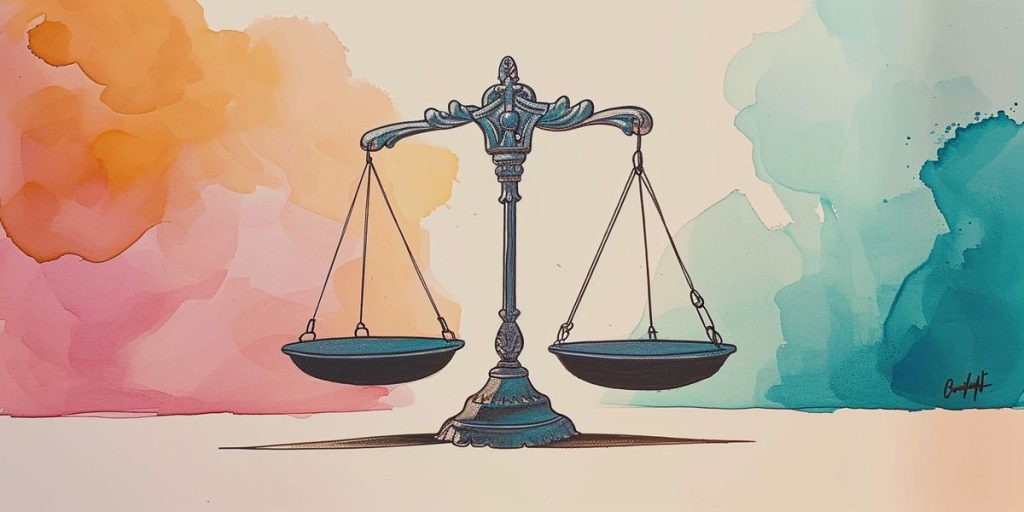Initiating legal action against an audit office as revenge for reporting corruption may be illegal, as whistleblower laws protect against such retaliation. The ongoing conflict between Cyprus’s attorney-general’s office and the audit service will test the strength and independence of the country’s legal and anti-corruption systems.
Is seeking revenge against an audit office illegal?
Initiating legal action against an audit office as retaliation for reporting corruption may be considered a criminal offense. Legal protections, such as whistleblower laws, are in place to prevent such retaliatory measures and ensure the integrity of legal and anti-corruption systems.
Legal Implications
Initiating legal proceedings against the auditor-general as retribution for complaints to the anti-corruption authority may constitute a criminal offense, according to a service announcement on Saturday. This statement came after the anti-corruption authority cleared Deputy Attorney-General Savvas Angelides of corruption charges on Friday. Issues arose when the audit service suggested that despite the exoneration, Angelides had unresolved conflicts of interest in the examined cases. Additionally, there was an indication that the unchecked power of the attorney-general’s office should be addressed.
The examined cases involved situations where Angelides had interfered with criminal proceedings linked to his former law office. Speculation has been rife about the attorney-general’s potential actions against the audit service’s head, Odysseas Michaelides, including a prior threat of termination.
Integrity of Legal Processes
The audit service rebuffed claims that it had exceeded its constitutional limits, maintaining that its actions were lawful. It emphasized the legal provisions under whistleblower protection (Law 6(I)2022), which authorize the audit service, the police, and the independent authority against corruption as external reporting channels for corruption offenses.
In an intricate web of legal maneuvering, the case involving the police’s drug squad chief, Michalis Katsounotos, was particularly notable. Katsounotos was implicated in a scandal involving the former prisons director Anna Aristotelous. She alleged that Katsounotos attempted to frame and spy on her. Despite these serious accusations, the attorney-general’s office declined to endorse criminal prosecutions against Katsounotos, leading to further scrutiny of the office’s actions.
Flurry of Reactions
Following the anti-corruption authority’s recent findings, suggestions for criminal prosecution have been put forward regarding Katsounotos’ non-compliance during the investigation. In contrast, Katsounotos’ legal team insists on his adherence to the relevant laws, underlining their confidence in the judicial process.
There’s been a mixture of skepticism and anticipation as those close to Katsounotos question the anti-corruption authority’s trustworthiness. The unfolding events have raised debates on the balance between the protection of public servants and the accountability mechanisms in place to safeguard the integrity of public office.
Looking Ahead
While the situation remains tense between the attorney-general’s office and the audit service, there’s a collective watchfulness for the next steps in this legal chess game. With the law clearly stipulating the powers and processes, the unfolding narrative will test the strength and independence of Cyprus’s legal and anti-corruption systems, as this scenario evolves against the backdrop of public scrutiny and legal accountability.
Remember, while the law provides mechanisms to challenge and review the conduct of public officials, it also guards against retaliatory legal actions that can undermine the very foundations of justice and transparency.
Is seeking revenge against an audit office illegal?
Initiating legal action against an audit office as retaliation for reporting corruption may be considered a criminal offense. Legal protections, such as whistleblower laws, are in place to prevent such retaliatory measures and ensure the integrity of legal and anti-corruption systems.
What are the legal implications of seeking revenge against an audit office?
Initiating legal proceedings against an audit office as retribution for complaints to the anti-corruption authority may constitute a criminal offense. The audit service announcement stated that such actions may be punishable under the law. This comes after the deputy attorney-general was cleared of corruption charges but faced allegations of unresolved conflicts of interest. It is important to consider the legal consequences before taking any retaliatory actions.
How does seeking revenge against an audit office affect the integrity of legal processes?
Engaging in retaliatory actions against an audit office can undermine the integrity of legal processes. The audit service maintains that its actions were lawful and within the constitutional limits. The legal provisions under whistleblower protection authorize the audit service, the police, and the independent authority against corruption as external reporting channels for corruption offenses. It is essential to respect and uphold the integrity of the legal system to maintain public trust.
What are the reactions and discussions surrounding seeking revenge against an audit office?
The recent findings and allegations have sparked a flurry of reactions and debates. Suggestions for criminal prosecution have been put forward regarding non-compliance during investigations, while the legal team of the implicated individual defends their adherence to relevant laws. These events have raised questions about the trustworthiness of the anti-corruption authority and the balance between protecting public servants and ensuring accountability in public office. The unfolding events will be closely watched as they test the strength and independence of Cyprus’s legal and anti-corruption systems.

